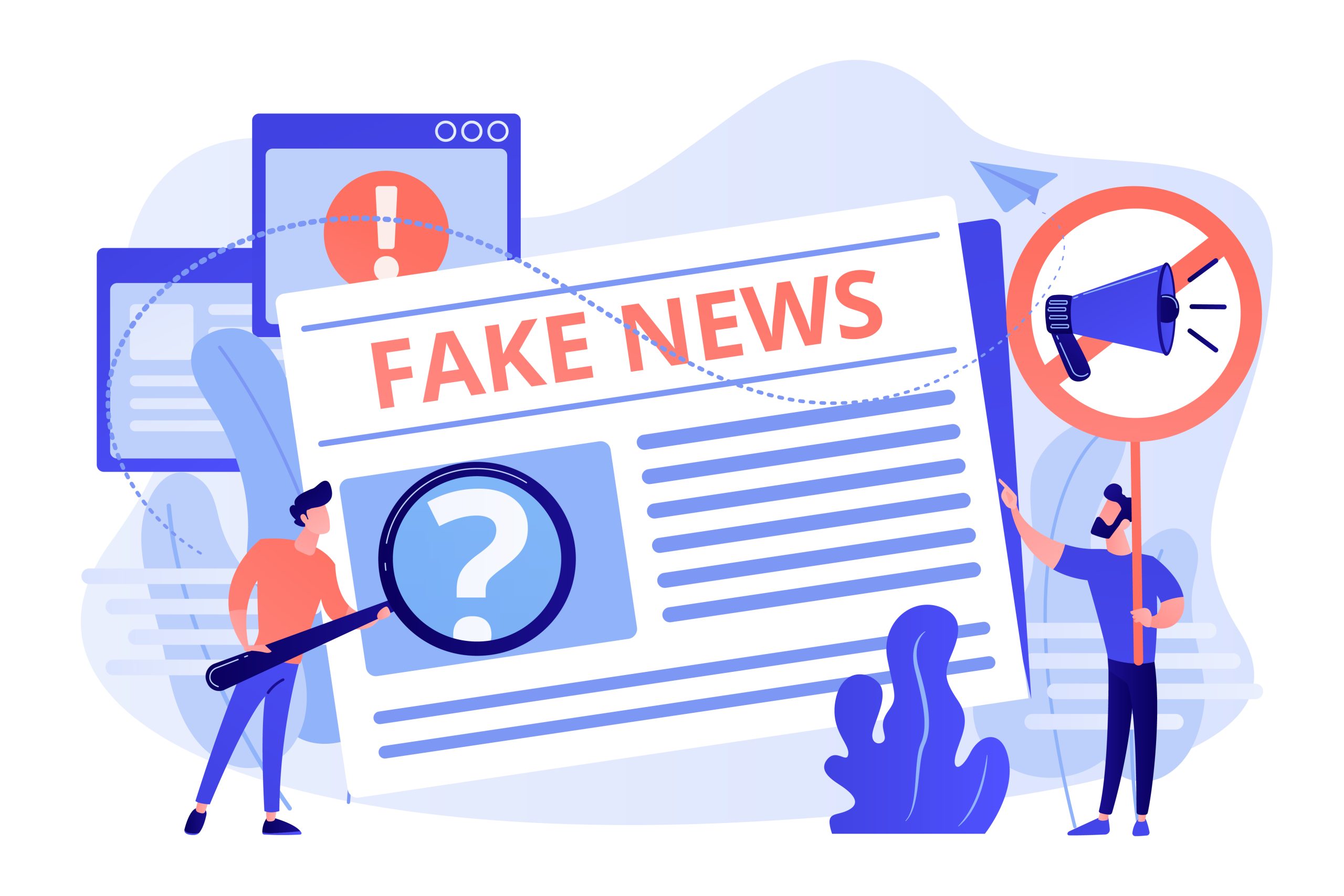Disinformation: new actions from online platforms and extension of the monitoring programme | EU Commission Press

The Commission announces today the extension of its Coronavirus disinformation monitoring programme for another six months until June 2022, as it publishes the latest reports by online platforms on their actions taken between September and October. Věra Jourová, Vice-President for Values and Transparency, said: “The pandemic is not over yet, this is why we want platforms to intensify efforts in addressing COVID-19 disinformation, including on vaccines and in all EU languages. We also expect the platforms to translate lessons learned from the COVID monitoring programme into a stronger monitoring framework for the new anti-disinformation Code”. Thierry Breton, Commissioner for Internal Market, added: “Current and prospective signatories must work together efficiently and deliver a strong Code. Expectations are high given the stakes and time is pressing. This Code will be a clear game changer to adapt the responsibility of online platforms by ensuring timely, adequate and efficient measures to fight disinformation in the EU. The informational space should not be a Wild West exposing citizen to untamed disinformation flux.” The latest reports show that YouTube expanded its medical misinformation policy to include claims about vaccines that contradict local health authorities’ consensus or the WHO. TikTok increased the number of keywords / hashtags that can trigger tags and banners related to COVID-19 and vaccines. Twitter updated its policy on misleading information about vaccines. Microsoft’s LinkedIn has widened the collaboration with influencers in Europe to spread authoritative messages about vaccination. Meta / Facebook has updated its policies worldwide on COVID-19 vaccination for children, for example false content claiming that vaccines do not exist for children, or are unsafe and untested. Recently, 26 new prospective signatories have joined the drafting process for the strengthening of the Code of Practice on Disinformation which is now expected by the end of March 2022. The extended timeframe shall allow signatories to draft a strong instrument with granular commitments adapted also to the diverse services represented by the broader range of prospective signatories. The Commission urges the signatories to carry out the revision swiftly, respecting its Guidance, and step up their monitoring programme efforts, taking into account the recent recommendations from the European Regulators Group for Audiovisual Media Services (ERGA)’s.
